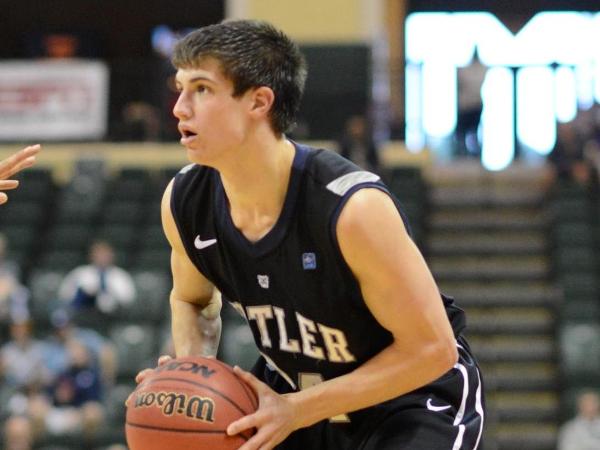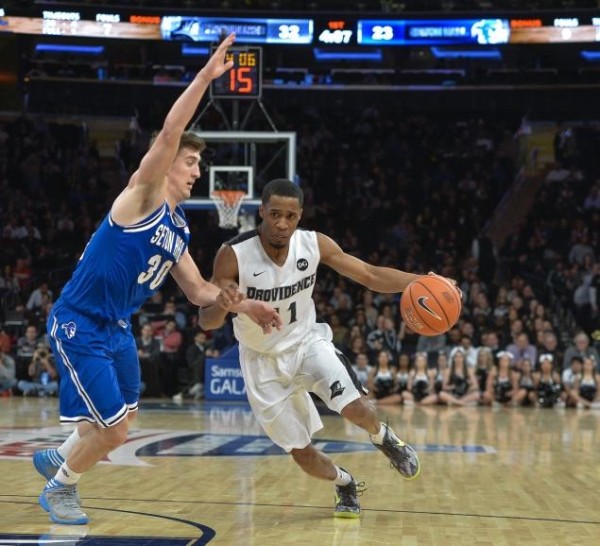Big East Stock Watch: Butler and Seton Hall Rising
Posted by Justin Kundrat on December 4th, 2014It’s been close to three full weeks since the season tipped off, and despite most teams only playing between six and seven games, some of the results have been drastic enough to change some of the predictions that were made at the start of the season. Some teams have won games they weren’t expected to; others have lost games that they should have won. But at the end of the day, a team will only go as far as its talent takes it. Below is a list of Big East candidates whose outlook has been revised, for better or for worse.
Stock Up
Butler: The word outperform can’t be used in a discussion about Big East teams without first mentioning Butler. Butler was originally pegged to finish seventh in the league standings, tied with Marquette and just three votes ahead of ninth. Instead, through seven games, the Bulldogs find themselves at 6-1 with neutral floor wins over both North Carolina and Georgetown. So, why the discrepancy from prediction to performance? Without the scoring of graduated Khyle Marshall (14.9 PPG) and transferred Elijah Brown (6.8 PPG), many thought that the team’s already inefficient offense would go from bad to worse. As a primary example, Butler shot 31.4 percent from three (306th in the country) and 65.6 percent from the line (311th) last season, marking the second lowest effective field goal percentage the Bulldogs have had in their last 13 seasons. Everyone knew Roosevelt Jones, who played such an integral part in the team’s 27-9 season two years ago, would be back from injury, but he had always served as more of a play-maker than a true scorer. Kellen Dunham, the team’s leading scorer, was the only returning player who averaged more than 7.5 PPG.
What changed has been the contributions of everyone else on the floor. Senior Alex Barlow has been a tough, fearless point guard on the defensive end alongside forwards Kameron Woods and Andrew Chrabascz, each of whom has more than held his own on the low block against bigger opponents. Despite ranking in the bottom third nationally in effective height, the Bulldogs are 58th in limiting opponents’ offensive rebounding percentage. Additionally, Butler has been adept at forcing turnovers and playing physical interior defense, forcing teams to beat them with outside shooting (which they haven’t, at least not yet). Above all though, the biggest surprise has been the play of 6’6″ freshman forward Kelan Martin. Martin received a handful of offers at the D-I level, mostly from mid-major and mediocre high-major schools, but he was not touted as a difference-maker coming into this season. Yet the freshman has shattered all reasonable expectations: In just 16.3 minutes per game, he has averaged 10.9 points and 3.1 rebounds per contest. Butler has historically used short rotations, but Martin has proven his worth by playing both inside and outside. With Dunham and Jones in foul trouble against North Carolina, for example, it was Martin who stepped up in the second half, chipping in 17 points and six rebounds. At this point, nobody can question Butler’s talent as they have played themselves into the Top 25. Its biggest question marks will remain on the offensive end, where foul trouble has sometimes depleted the team’s proven scorers in an already limited rotation.




















































